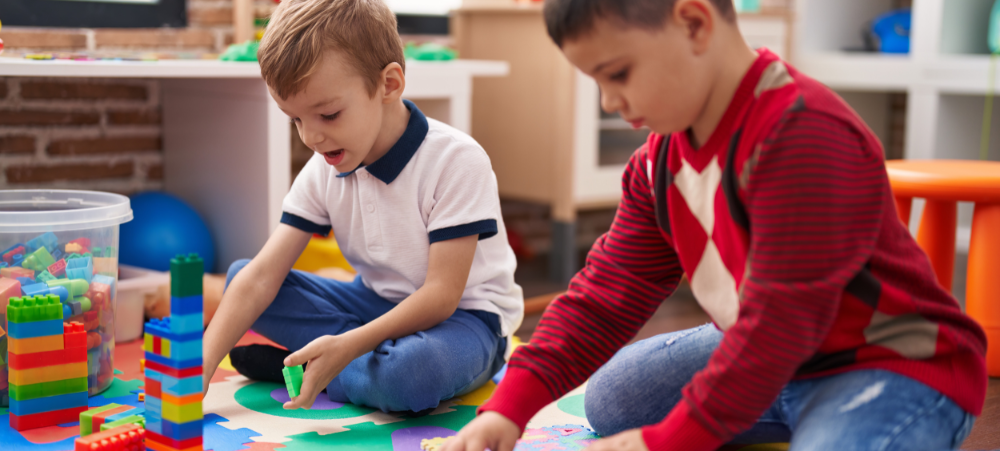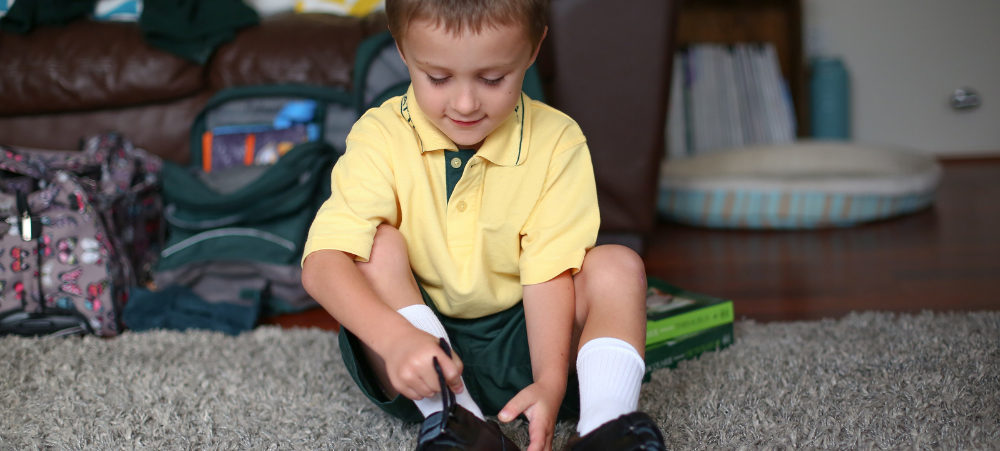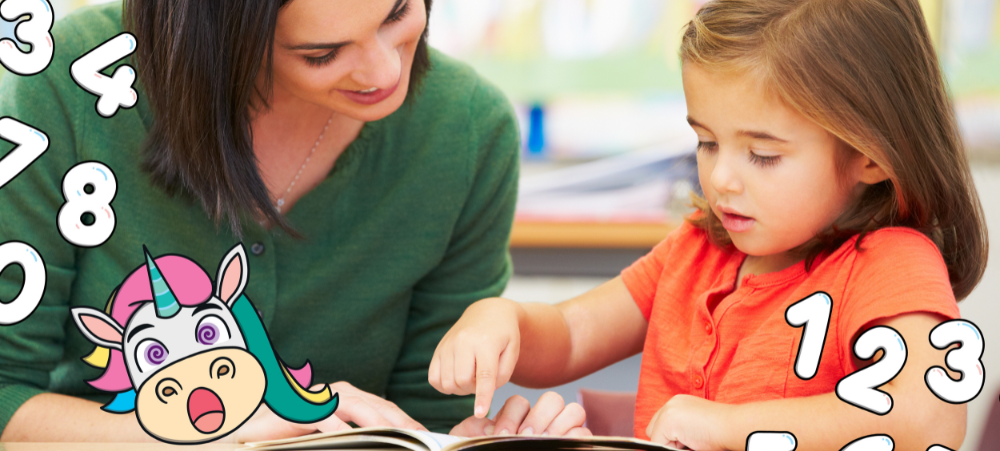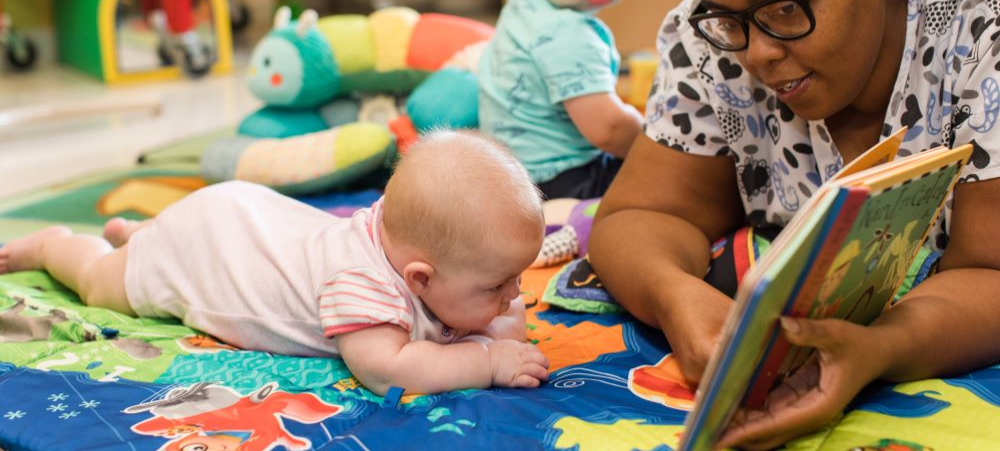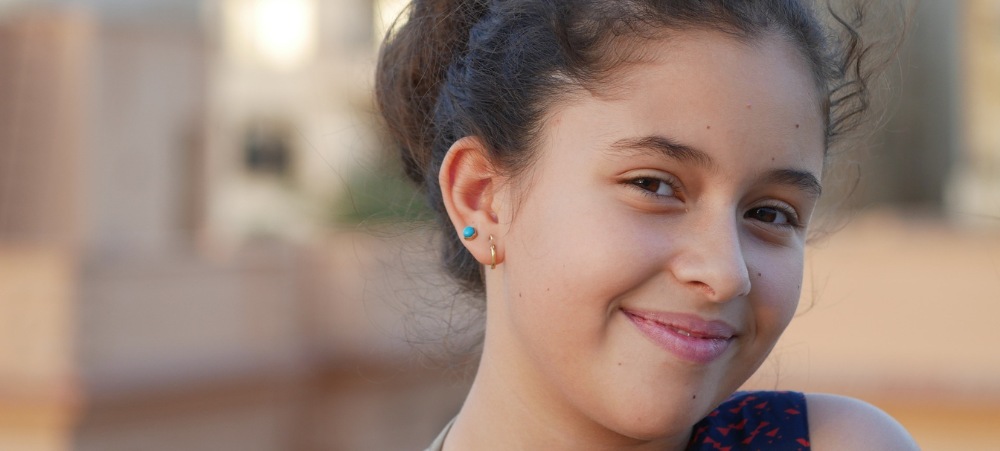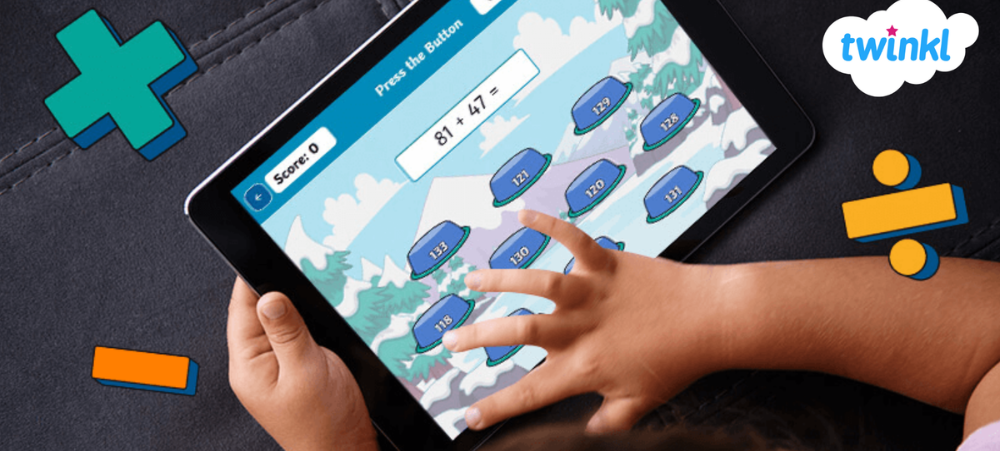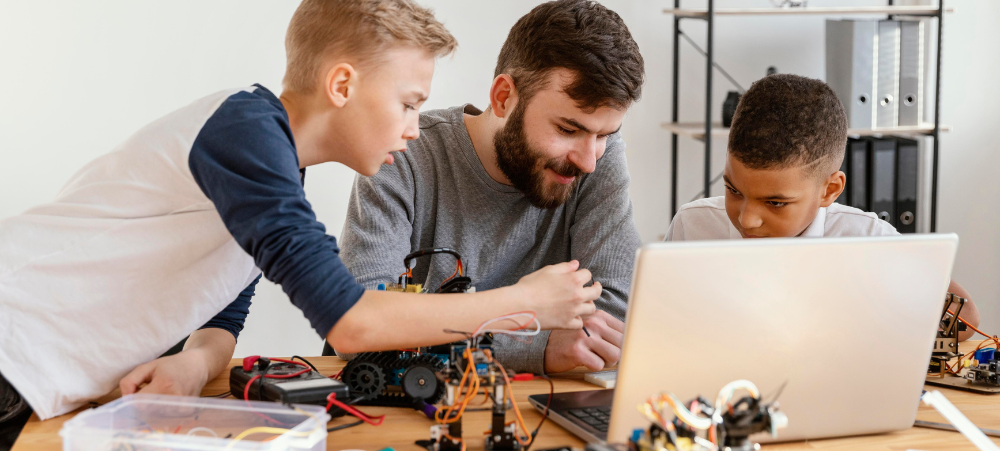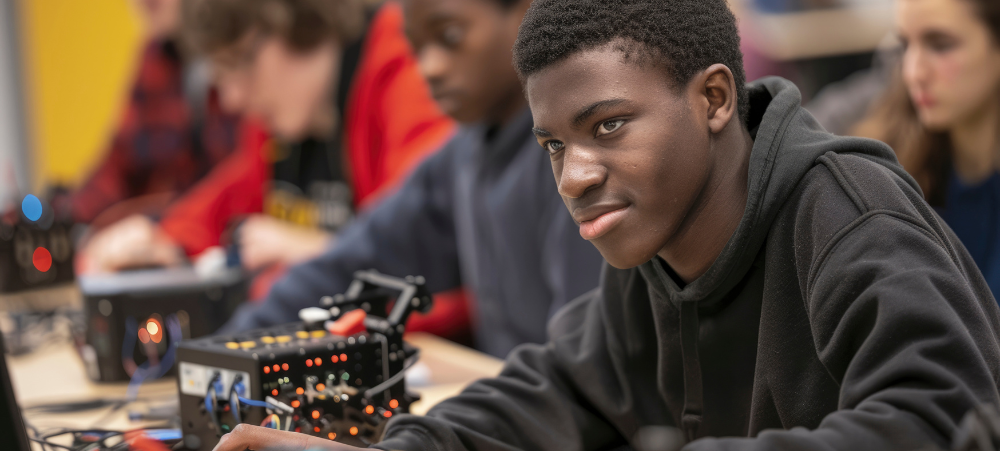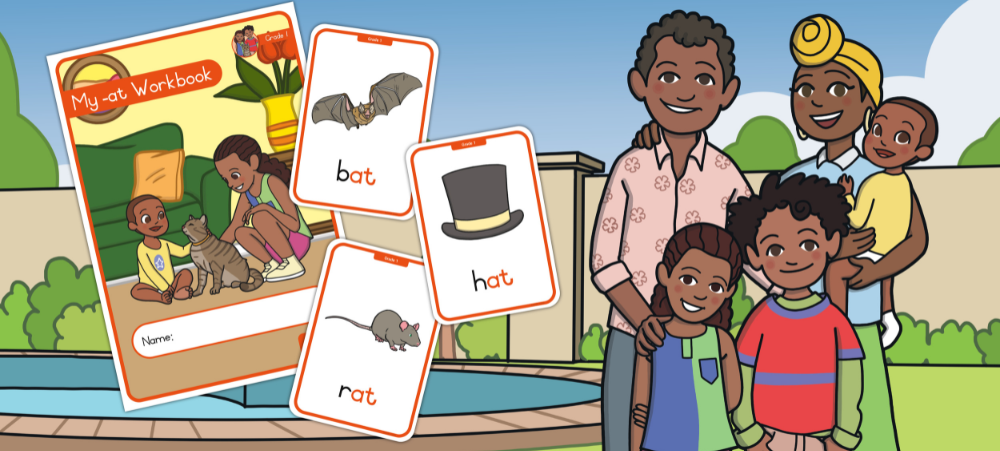
Curro Durbanville Preschool’s revamp creates a space where little ones feel right at home
For little learners, the early years are all about exploration, discovery, and feeling safe and cared for. At Curro Durbanville Preschool, we’ve redesigned our setting to support children not just in their learning journey, but as individuals growing in confidence and independence. Here, learning happens naturally through play, creativity, and meaningful connections, all within an environment that nurtures curiosity. We’ve reimagined every corner to inspire young learners while providing the security and warmth they need to take their first steps into early development. Our preschool is not merely a place to learn; it’s a place where every child feels valued, respected, and supported. With careful attention to every detail from the classroom layout to the choice of materials being used by the little ones, we’ve designed it with the intent to foster independence, creativity, and confidence. “We’ve seen that the best learning happens when children feel completely comfortable,” says Riaan Stroebel, Executive Head at Curro Durbanville. “Not only physically safe, but emotionally at ease. When they’re relaxed, that’s when the magic happens.” The layout and design of the preschool play an active role in teaching, with thoughtfully crafted areas that respond to each child’s needs, from floor plans to furnishings. Every element in our classrooms is built with the purpose of sparking inquisitiveness and supporting young learners as they take their first steps in education. We know how hectic mornings can be, which is why our newly revamped preschool is designed with busy parents in mind. From dedicated drop-off zones and separate entrances that make arrivals quick and stress-free, to upgraded security and spotless facilities that offer comfort and peace of mind, every detail helps make your day a little easier. And when it is time for your child to move on to Grade R, the transition is smooth and reassuring, with the primary school steps away on the same premises. From their very first splash to becoming confident swimmers, our lessons for 4- and 5-year-olds and Grade R learners build self-trust while keeping safety a top priority. Guided by experienced instructors, children learn in a supervised environment that encourages both skill development and joyful movement. Our music lessons and GROW physical development sessions aren’t simply extras; they’re part of the daily rhythm that shapes each child’s growth. Alongside swimming, these activities nurture more than skills; they foster body awareness, confidence, and a spirit of discovery – all within a safe and caring setting where learning feels like an adventure. “Learning is about more than simply gaining knowledge; it’s about creating a place where children feel safe, inspired to explore, and empowered to discover the world around them,” says Stroebel. “Every corner of our preschool has been designed with love and care, ensuring that our young learners experience the joy of discovery while feeling a true sense of belonging.” At Curro Durbanville Preschool, we believe that every child deserves a nurturing environment that supports their growth, celebrates their unique abilities, and helps them feel loved and at ease. Our preschool is more than a place to learn; it’s a community where children grow, thrive, and feel truly welcomed and cared for.







